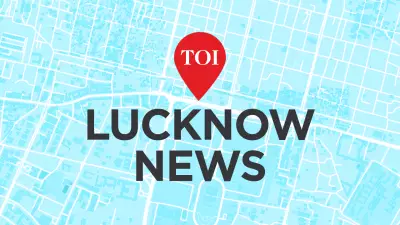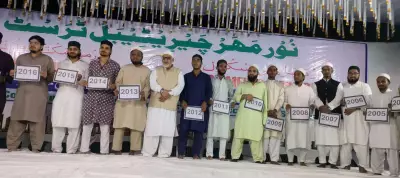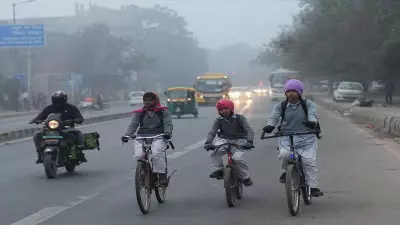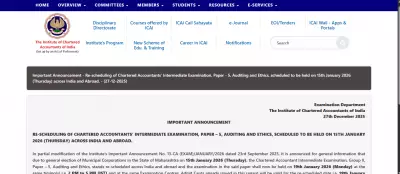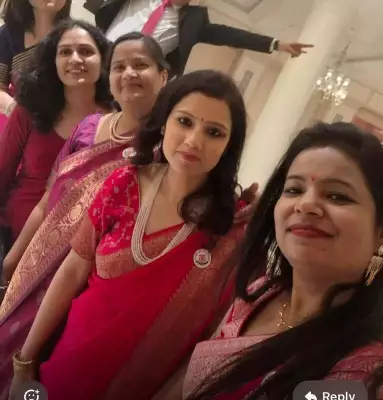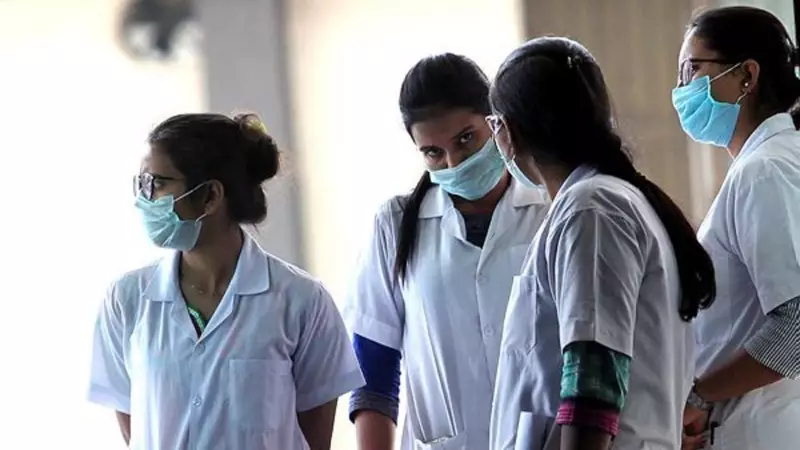
In a significant development for medical education, the Supreme Court of India has stepped into the NEET PG 2025 controversy, addressing growing concerns about transparency in the examination process. The apex court's intervention comes at a crucial time when thousands of medical aspirants await clarity about their future.
What Prompted the Supreme Court's Intervention?
The court has taken cognizance of a plea demanding greater transparency in the NEET PG 2025 examination and counselling process. This move highlights the increasing scrutiny on medical entrance examinations following recent controversies surrounding competitive exams in India.
Key Developments in the Case
The Supreme Court bench, recognizing the urgency of the matter, has issued formal notices to relevant authorities including the National Board of Examinations (NBE) and the Union Government. This legal action signals the court's serious approach to ensuring fairness in one of India's most prestigious medical entrance examinations.
What Medical Aspirants Need to Know
For the nearly two lakh medical graduates who appear for NEET PG annually, this development brings hope for a more transparent and accountable process. The plea before the court specifically addresses concerns about:
- Transparency in question paper setting and evaluation
- Clear communication about exam schedules and patterns
- Fairness in the counselling and seat allocation process
- Mechanisms for addressing grievances and queries
The Bigger Picture: Medical Education Reforms
This case represents more than just a single examination controversy. It reflects the growing demand for systemic reforms in medical education entrance processes across India. With healthcare becoming increasingly crucial, the fairness of medical professional selection processes has never been more important.
What Happens Next?
The Supreme Court has scheduled further hearings on this matter, keeping medical aspirants and educational institutions on alert. The outcome of this case could potentially reshape how medical entrance examinations are conducted in India, setting new precedents for transparency and accountability.
As the legal process unfolds, medical aspirants are advised to continue their preparation while staying updated on official announcements from concerned authorities. The education community watches closely as this landmark case could determine the future of medical admissions in India.

